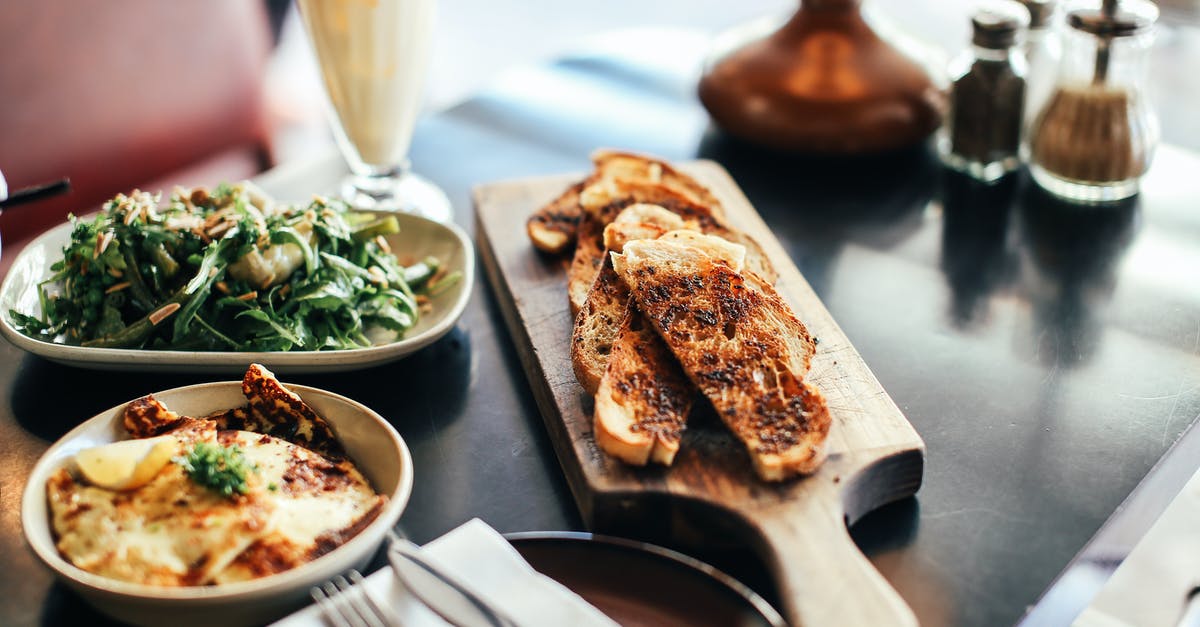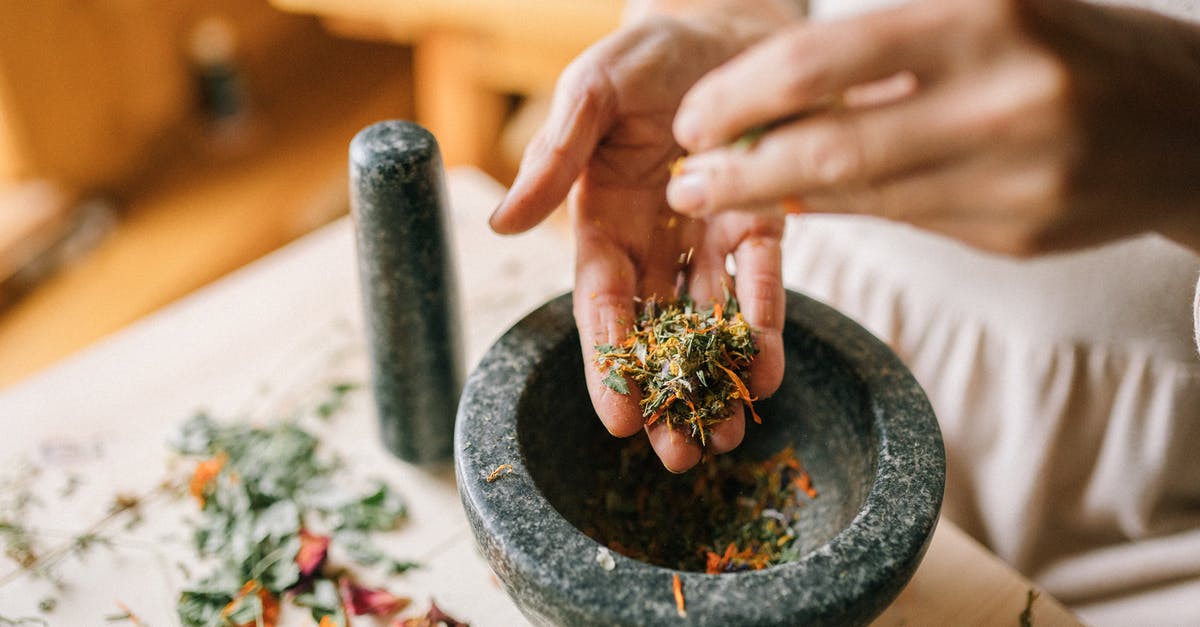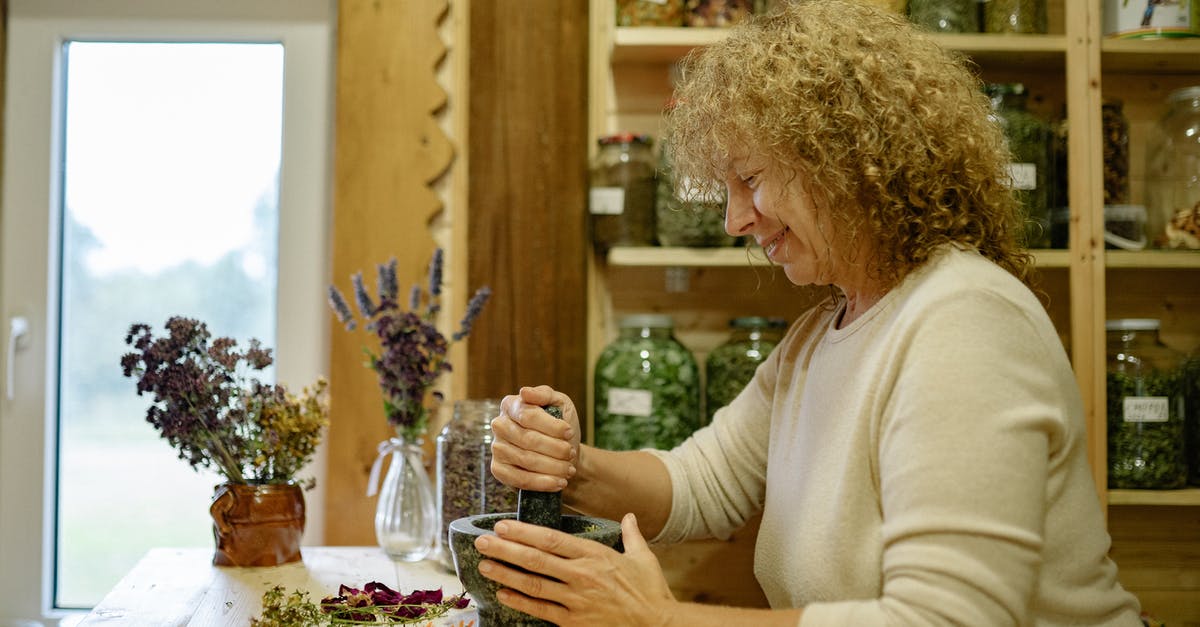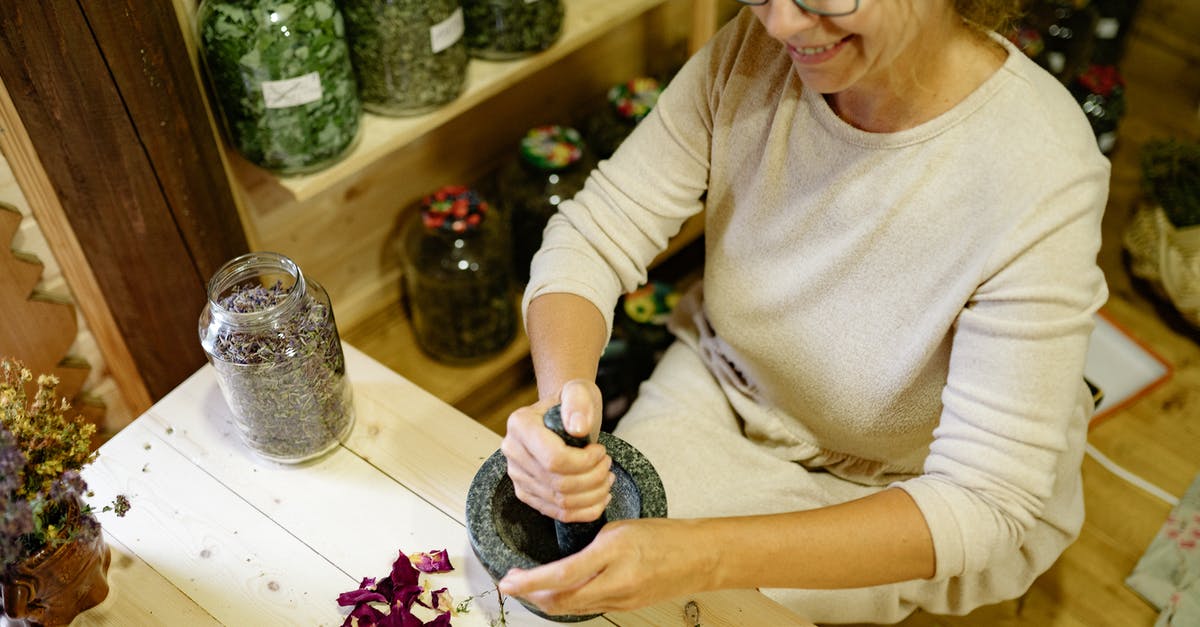Are 'premium' spices worth the expense?

I have done some calculation. And I think that if I buy a jar of spice from the supermarket, it is about 25 times more expensive (it costs more and you get a fraction of the amount) that getting a bag from my local Asian store.
I am perfectly happy with the cheaper alternatives. But I find it hard to believe that there could be this much markup without some benefits. What are they?
Best Answer
I am going to slightly disagree with the other two answers. First, here is an excerpt summarizing Alton Brown's opinion:
The first step in learning how to cook with spices is learning where to find spices. Now here in America, we do have some indigenous spices: allspice, vanilla, chili peppers, all from here. But by and large, most of your culinary spices come from the other side of the planet. And in their journey from there to here, a lot of things can happen. Not all of them good. They pass through a lot of hands, and all those palms, you know, want to be greased a little bit, quality can go down. So, if you're going to be a world-class spice cooker, you really should try to find yourself a world-class spice merchant. … I sure hope we've inspired you to set up a little spice trade of your own. Just remember: purchase whole spices, whenever you can, from a reliable purveyor—Internet or mail order are fine—and store those spices in a cool, dry, dark, airtight place. And don't keep them around too long. Two years tops for whole spices, and no more than six months for ground.
So, to summarize, the most important thing about buying spices is making sure they are fresh and have been stored properly during their transport. That means buying from a purveyor whom you trust has properly sourced and handled the spices. If you go to a specialty spice merchant, chances are they care enough to ensure the quality of their product, and they charge you more for the convenience of that guarantee. If you shop at an ethnic market that buys imports its spices in bulk, that is okay, as long as the store has enough turnover to ensure that the spices are always fresh, however, you don't necessarily have the guarantee of freshness unless you trust the store owner. Supermarket spices can be okay, as long as they are stored and dated properly. These generally cost more not so much due to the willingness of buyers to pay more, but more due to the fact that there is a longer chain of wholesalers and middle men who all also want to make a profit.
Pictures about "Are 'premium' spices worth the expense?"



Is it worth it to buy more expensive spices?
No matter how good a spice is, it doesn't do you any good unless you use it, and in most cases good spices don't cost much. Visit the right online shop or specialty grocery and you can usually find higher quality spices\u2014and more fresh, too\u2014for less than what you pay at your local supermarket.Whats the difference between cheap and expensive spices?
The most obvious difference is that cheap spices are cut with all sorts of nasty stuff. It's called "economic adulteration" and it's 100% legal to add flour, corn starch, stems, bark, seeds, even brick dust to spices and still call them spices.Is there a difference in quality of spices?
Just because a spice comes in a fancy bottle or has a higher price doesn't necessarily mean that it is high quality. But, finding and using higher-quality spices in a recipe can make a difference in flavor. Just like there is a difference between wagyu and ground chuck, not all spices are cut from the same source.Are Morton and Bassett spices worth it?
TL;DR: Morton & Basset spices aren't worth it. A few months back I conducted an impromptu tasting of vanilla extracts that produced some clear winners and losers. One of the surprise losers was vanilla extract from Morton & Basset, a brand commonly found in Bay Area gourmet and high-end markets.Are Latest Yoruba Movie 2022 Drama Starring Peju Ogunmola | Taofeek Adewale | Toyosi Adesanya
More answers regarding are 'premium' spices worth the expense?
Answer 2
Prices are determined not by the cost of the raw materials of anything, but by what the consumer is willing to pay. Anything that must be sold at a loss because of this is simply not sold/manufactured.
In my experience, the specialty Asian stores (in the UK), or the spice shops and market stalls in other parts of the world usually have better tasting (and more "authentic", if that means anything) spices than supermarkets.
Markup is usually due to things like convenience, brand (people buy Ferarri because it's expensive) and packaging, rather than actual costs.
Answer 3
I can't answer your question, but I can offer an analogy:
Here in Australia mangoes cost $2 to $3 per piece at the bigger supermarkets during mango season. At the markets you'd pay 60c to $1. The commercially grown mangoes all come from the same region (Northern Queensland). This is similar for other fruits and vegetables.
I guess, you pay for convenience.
Answer 4
I am perfectly happy with the cheaper alternatives. But I find it hard to believe that there could be this much markup without some benefits. What are they?
If you are the target audience for your cooking, then to YOU the more expensive spices are decidedly "NOT" worth the extra expense. After all "You are perfectly happy..."
If you are not the target audience then the estimation of worth changes.
Answer 5
Living in China, I see the same brands of spices as I did back home. Also they come in the same bottles or jars. I can also find the same brand in small packets. The price difference can be ten or twenty times just cause you buy a jar rather than a packet. They must be the same thing inside.
There are two factors that I think make a difference to a spice. The fist is it's freshness. How long and how carefully has it been transported and stored and how far it has travelled. If you grow your own herbs then you'll know that this makes a big difference.
The second factor is whither the spice is ground or whole. Once a spice is ground, it looses it's favours much more rapidly. If you want the best flavours, buy your spices as whole pods and grind what you need as you go. I find that many spice can be simply popped into a pepper grinder or ground in a pestle as and when you need them. In China, they actually use most spice whole or simply cracked rather than ground.
Answer 6
Another aspect to quality that is difficult to measure and that is the authenticity of the spice itself. Take saffron threads for example. The yellow threads lack the coveted flavor of saffron that the red threads deliver. Here we enter the gray area of preference but paying less for saffron cut with too many yellow threads will affect the taste of the dish. With cinnamon there are price differences between Ceylon (true) cinnamon and cassia. Vanilla is another complex spice where price usually reflects quality. Inexpensive vanilla may not be an authentic vanilla bean extract (Here's more on what to watch for in vanilla: http://bit.ly/b2uTYj ).
In the U.S. you may also be paying for convenience. For example, when you purchase pumpkin pie spice off the shelf the spices are pre-ground and pre-mixed. In the short-term that little jar may seem less expensive than purchasing the individual spices. But if you factor in, (as Rincewind wisely pointed out), freshness, then in the long run it is more cost effective to purchase the whole form and grind as necessary (except I always purchase cinnamon in a ground form...that question has been discussed here before.)
Whew...great topic, hope my .02 was helpful.
Answer 7
You shouldn't pay ridiculous prices for spice. But you shouldn't buy dirt cheap spices either.
I've had the best experience with Bulk stores - you can smell what you're buying.
I recently had a bad experience with Suraj brand spices, I bought 200g bags of paprika, turmeric and "hot chili" ($4 for 200g bags). They each smelled like a disgusting mixture of feet and paint - and they did not smell very much like they were supposed to. I also got a 200g package of ginger from them. The powdered ginger did not smell bad at all (it smelled like ginger).
The color of these spices was good but the bag was sealed. I'm not putting it past them to have put some kind of dye in there, and it's also possible they used a small amount of a toxic dye (all 3 packages really did smell weakly of paint).
Of course, I threw them away immediately (it was too late to return them - I had bought them several weeks earlier and don't have the receipt). So there's $12 for crummy spices I didn't even enjoy.
Save money and buy good spices!
Answer 8
A lot of grocery stores (in the US) now have spices in the bulk aisle. One brand of spices that you'll commonly see this way is Frontier. That is a highly regarded, almost "premier" brand. If the spice I need is available that way, I will always go that route. You know that the turn around on these spices is going to be fast, they're always just as fresh as can be and the price difference is remarkable. Once, I needed bay leaves and I had found myself in a store that didn't have bulk spices. In the spice aisle the only container of bay leaves was $11! I drove a few miles to Fred Meyer (Kroger), and carefully selected 20 or so big, perfectly shaped, unbroken bay leaves from Frontier. I paid less than $1.
Answer 9
Personally I'll pay the premium as long as I'm buying from small family owned sources. Maybe its a waste of money but I've been happy with the quality and the exchange of uses and recipes I get while buying is worth the premium.
Answer 10
I can answer for certain with Chili powder, and from that I can make some suggestions. When I bought Gebhardt chili powder and compared it to the bargain basement powder that was in our pantry by taking a taste of each, I was astonished at the dramatic difference. Frankly whatever was in our pantry had a mildly rotten taste, along with a lot of heat. The Gebhardt, on the other hand, was a distinct flavor, with a lot less heat. There are other ways to add heat, so I thought that was well worth the price difference. (I'm sure chili experts who make their own powder can do much better, but I'm very much a novice).
In general, I would recommend that you double costs now in order to make good economic decisions later. We bought two kinds of chili powder, cheap and expensive, and from that could tell one made a huge difference. We will probably continue to go with expensive chili powder. For other spices, maybe less so, or maybe some cheap brands do better than others (target's house brand is one my wife finds to be reasonable quality / price compromise for us).
Pay a bit more now, and buy both for a few spices you care about. Taste them both. Over the rest of your life you will then know the answer and know what is a good compromise. It is a small cost for what amounts to a lot of future purchases.
If you go expensive, maybe also proceed with caution. Buy both of some other spice. You may find that some spices are easier to "get right" and a cheap seller will do. Please repost anything you learn here for the rest of us.
Sources: Stack Exchange - This article follows the attribution requirements of Stack Exchange and is licensed under CC BY-SA 3.0.
Images: Rachel Claire, Yan Krukov, Yan Krukov, Yan Krukov
